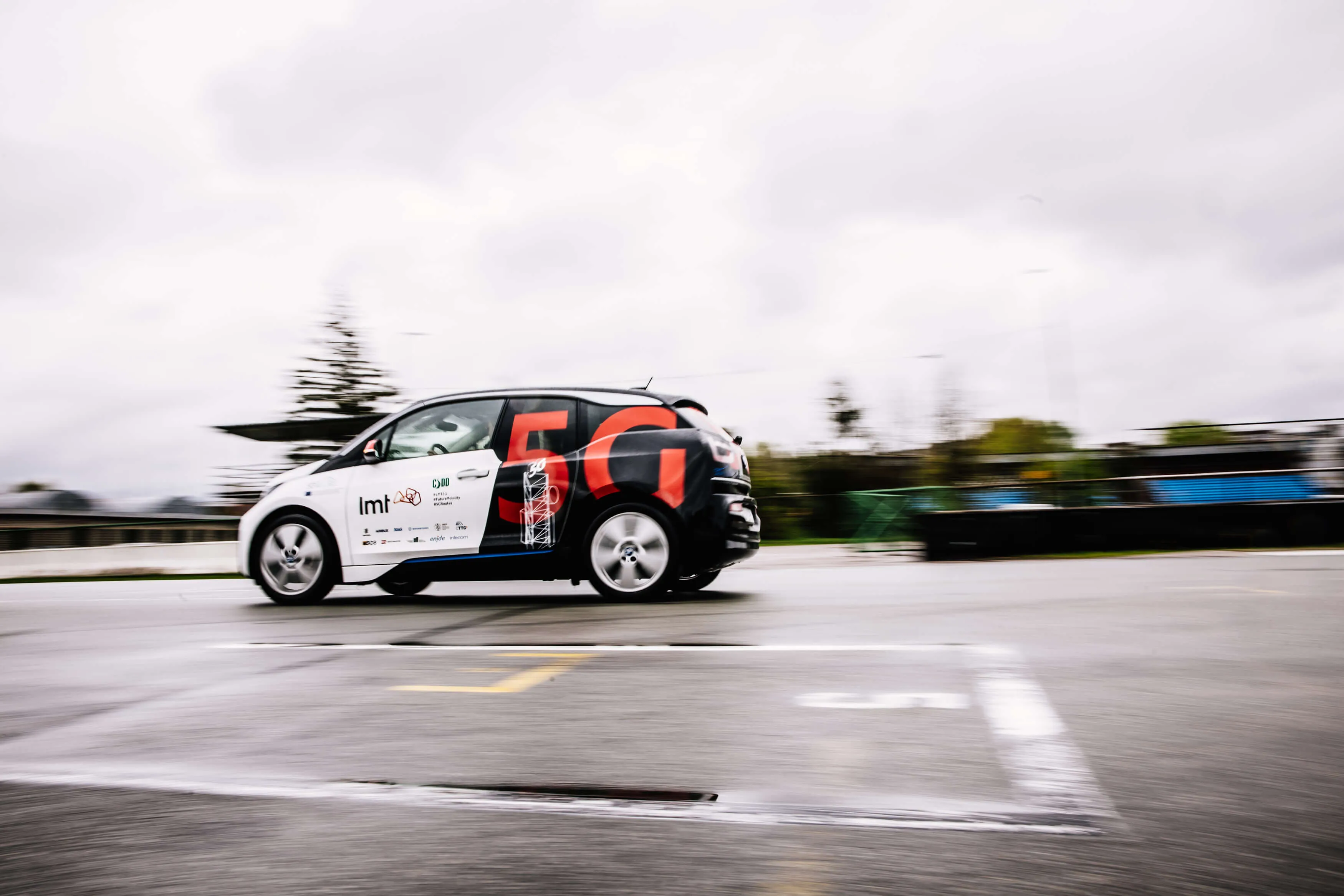The UK’s Transport Research Laboratory (TRL), along with partners Transport and Travel Research (TTR) and several other leading UK organisations, are taking part in a 42-month innovative demonstration project which is investigating zero emission urban bus systems.
The project, known as ZeEUS, is being co-ordinated by the International Association of Public Transport (UITP) and is co-funded by the DG Mobility and Transport of the European Commission with a budget of US$31 million (US$18.6 million EU fun
April 1, 2014
Read time: 2 mins
The UK’s Transport Research Laboratory (491 TRL), along with partners Transport and Travel Research (TTR) and several other leading UK organisations, are taking part in a 42-month innovative demonstration project which is investigating zero emission urban bus systems.
The project, known as ZeEUS, is being co-ordinated by the3833 International Association of Public Transport (UITP) and is co-funded by the DG Mobility and Transport of the 1690 European Commission with a budget of US$31 million (US$18.6 million EU funded).
The project aims to facilitate the widespread introduction of electrified bus systems in Europe by demonstrating a number of different technological solutions for electric buses. These will operate as part of regular bus services in eight European cities, including Glasgow and London. Subsequent analysis of the results will lead to the development of guidelines and tools to assist with the implementation of such systems. Leading manufacturers in bus electrification are participating and will be providing plug-in hybrids or full electric buses. These will use different charging infrastructure and strategies for ensuring the buses are able to cope with the demands of the operational routes.
TRL is leading the evaluation for both of the UK demonstration sites. In London this is being established and led by1466 Transport for London and in Glasgow by 2050 Strathclyde Partnership for Transport. However, TRL has a wider role to play across the project as a whole, helping to define the demonstration key performance indicators and in developing the trial methodologies for data collection and evaluation.
The electric buses being deployed in the UK will have a particularly unique element as they will be the only demonstrators in ZeEUS that will use wireless charging. Buses will be charged opportunistically during the day, which will allow them to complete routes that would otherwise be too demanding for regular electric buses.
In all, TRL and TTR are working on nine tasks associated with this project: other areas include the assessment of regulatory and funding instruments for the procurement of electric buses; the grid effects on electrified bus systems; business cases related to bus depot operation; smart control of electric bus fleets and process evaluation.
The project, known as ZeEUS, is being co-ordinated by the
The project aims to facilitate the widespread introduction of electrified bus systems in Europe by demonstrating a number of different technological solutions for electric buses. These will operate as part of regular bus services in eight European cities, including Glasgow and London. Subsequent analysis of the results will lead to the development of guidelines and tools to assist with the implementation of such systems. Leading manufacturers in bus electrification are participating and will be providing plug-in hybrids or full electric buses. These will use different charging infrastructure and strategies for ensuring the buses are able to cope with the demands of the operational routes.
TRL is leading the evaluation for both of the UK demonstration sites. In London this is being established and led by
The electric buses being deployed in the UK will have a particularly unique element as they will be the only demonstrators in ZeEUS that will use wireless charging. Buses will be charged opportunistically during the day, which will allow them to complete routes that would otherwise be too demanding for regular electric buses.
In all, TRL and TTR are working on nine tasks associated with this project: other areas include the assessment of regulatory and funding instruments for the procurement of electric buses; the grid effects on electrified bus systems; business cases related to bus depot operation; smart control of electric bus fleets and process evaluation.








